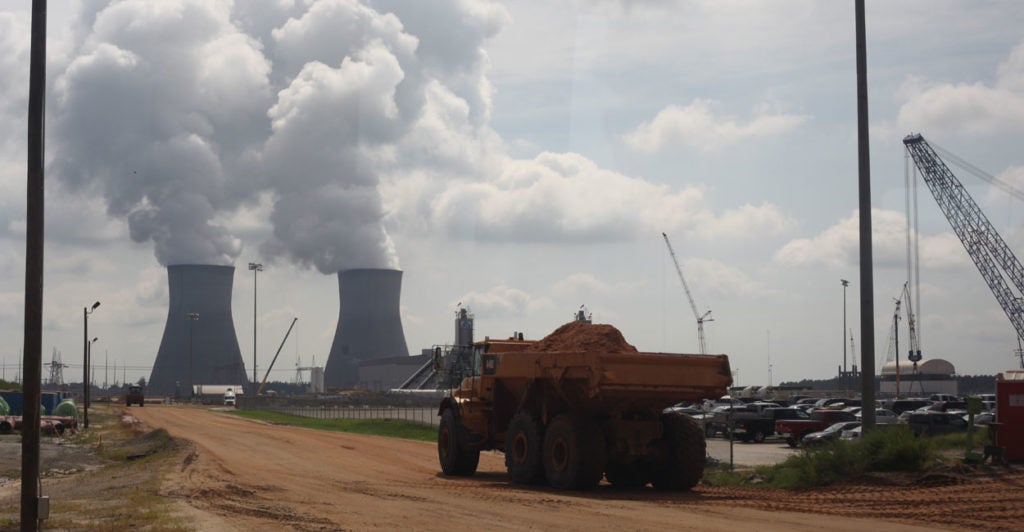For years, Congress has been sharply divided over a nuclear waste repository proposed for Yucca Mountain in Nevada.
However, an appropriations amendment offered by Rep. Mike Simpson, R-Idaho—considered by the House Appropriations Committee and narrowly rejected Tuesday—is a reasonable, unobjectionable compromise that the Senate should take up in ongoing budget decisions.
The Simpson amendment neither funds construction of, nor kills, the Yucca Mountain repository, but simply finishes the review process of the Department of Energy’s permit application for it there.
Simpson’s amendment would have appropriated $74 million to the Department of Energy and the Nuclear Regulatory Commission to finish their review, and provided surrounding counties and Indian tribes with funds to engage in the review, following language in a bill the House passed last year 340-72.
While energetic opposition to a Yucca Mountain repository has come from most of Nevada’s members of Congress, the proposed spending amendment was actually quite consistent with demands they have expressed in committee hearings.
On May 1, the Senate Environment and Public Works Committee held a hearing on nuclear waste management, in which Sens. Catherine Cortez Masto and Jacky Rosen, both Nevada Democrats, expressed those concerns.
“Many believe Yucca Mountain is settled science. That Yucca Mountain was selected through a reasoned and thorough process. Or that Yucca Mountain is already equipped to receive nuclear waste. … Imagine having nuclear waste sent to your communities without your input, without a fair process,” Cortez Masto said.
“The state [of Nevada] has filed over 200 contentions against the Department of Energy’s license application challenging the adequacy of the department’s environmental-impact assessments,” Rosen said.
“Nevada needs a voice in this process,” she said.
Funding a review of the Yucca Mountain siting is the opportunity these senators are requesting for a thorough process, for state input, and for further adjudicating the science.
The review would give voice to those concerns in a formal setting that the Energy Department must address. It would also enable the Nuclear Regulatory Commission to approve or deny Yucca Mountain on the merits of the program, and establish all the information for states, Congress, and the nuclear industry to determine what to do next.
That’s information that would be useful no matter what long-term nuclear waste disposal options are ultimately chosen.
Further, such an amendment doesn’t set Congress on an inevitable track to build a Yucca Mountain repository without further appropriation. Indeed, it doesn’t appropriate enough funds to build anything. Undergirding that is the fact that in every presidential budget, the Trump administration has only requested enough funds to continue the review process according to the law.
Addressing nuclear waste management is one of the most important things Congress can do to protect taxpayers, reduce federal spending, and help the nuclear industry be competitive.
Congress should not be afraid of more information and transparency. Lawmakers should not again miss this opportunity to take some small steps forward to inform their decisions.
